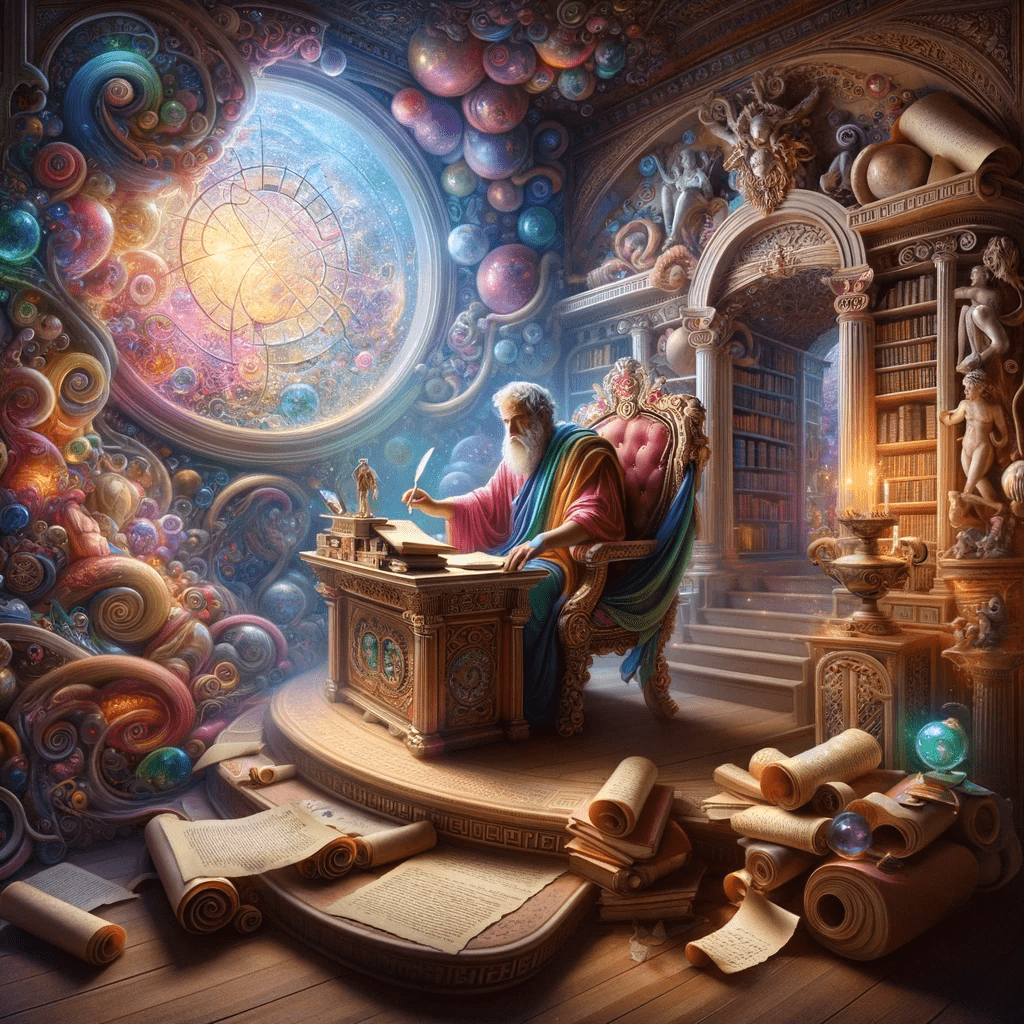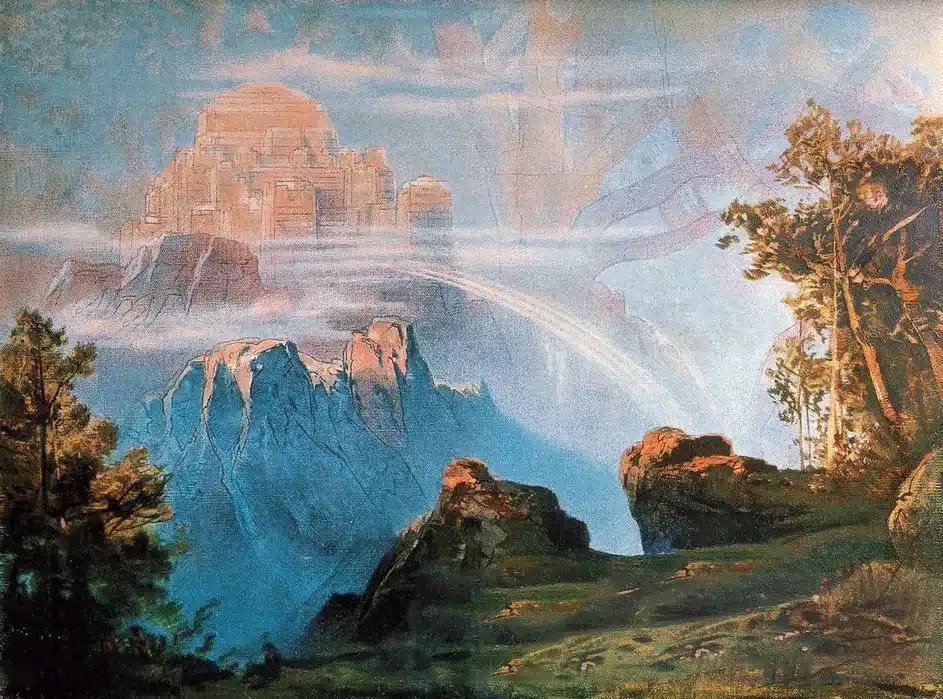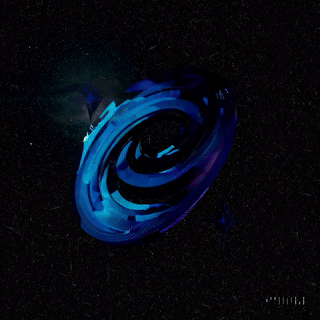
Aristotle lived from 384 B.C.E. to 322 B.C.E. He is widely regarded as one of the best philosophers of all time; up there with Plato and Socrates of Ancient Greece. For the sake of riling you up, I’m going to say that Socrates was the best philosopher in all aspects except one; his hubris. Socrates never wrote anything down. It is a shame that he did not make a greater contribution to the human race through a story, or some kind of literature for children. Just my two cents.
Modern Psychology
In modern psychology, the pursuit of knowledge is linked to a sense of fulfillment, purpose, and personal growth, which are key components of well-being and happiness. This is often referred to as “eudaimonic happiness,” and contrasts to “hedonic happiness,” which is based on pleasure and avoidance of pain. Happiness is probably a good goal for a human to have; and suffering seems to be an important way to get there. Our lives seem to be very balanced in how we view our successes and in contrast our suffering; perhaps a balance of both is what we are really looking for in our journey on Earth.
Socrates’ Skeptical View of Virtue
Socrates famously asserted that an unexamined life is not worth living, suggesting that understanding and knowledge are essential to a meaningful, ethical, and thus happy life. In Socrates view, true happiness comes from self-awareness and the continuous quest for knowledge.
Aristotle claims that there is a way to achieve this happiness. Happiness is achieved through pursuit of excellence and goodness. “Aristotle follows Socrates and Plato in taking the virtues to be central to a well-lived life. Like Plato, he regards the ethical virtues (justice, courage, temperance and so on) as complex rational, emotional and social skills.[3]” Ethics and morals are what make human societies possible.
Aristotle goes on to talk more specifically about how to create goodness, through fine art, construction, horsemanship, military strategy, flute playing, and home construction. He does have one more line that I think is very relevant to today’s society: “the end is some product over and above the mere exercise of the art; and in the arts whose ends are certain things beside the practice of the arts themselves, these products are essentially superior in value to the activities”. I think this can apply to construction in a big way, especially home building.
Aristotle’s views of desire intersect intriguingly with the concept of Maya in Hinduism; the illusion of perception. Aristotle goes further to say that all desire is futile and vain; the end must be the best good, ideally the supreme good (all caps), a concept we also see in the Hinduism; Moksha, or release from Samsara in death in the ultimate goal of life in Hinduism.
Ethics and Religion

In all of the religions on planet Earth, there are a few similarities in terms of the realms of reality and the afterlife. There is always some kind of hell: Naraka[5] in Jainism Buddhism and Hinduism, the Fields of Punishment in Ancient Greece, The 9 circles of hell in Dante’s inferno; in Islam, Jahannam is believed to be a space below the Earth, with physical, psychological, and spiritual punishments. There is also, always (except for Judaism), some kind of heaven: however it is usually dystopic. (except in the case of Christianity) In the eastern religions, the heavenly realms are chaotic; there is a titan/demigod realm in Buddhism where beings are very powerful and also conflict jealously with each other. Elysian fields, the Hall of Valhalla in Asgard, Tir na nOg in Celtic mythology, the Field of Reeds (Aaru) in Egyptian mythology, and the final abode of Jannah in Islam.
There is always a heavenly realm that humans enter from creating a good, or purposeful life; there is also the existence of a realm of great suffering that is granted to the wicked and immoral. All of these myths and legends and stories and religions can be applied to modern psychology through the lens of the Hero’s Journey and comparative mythology. They are a map to consciousness and what it is like to be a human being; they are all applicable to our lives in various ways, once we learn to look inwards.
A Map for Happiness
What we get out of all this is that religion, and more importantly the stories within are the ultimate guide to mental equilibrium in the contemporary world. The ethics embedded in religion, such as The 10 commandments are meant to provide us with a way for living a happy and fulfilled life. It teaches us how to interact with each other in a net-positive way, or a way that can benefit all of society, including ourselves. More and more research is being conducted and developed regarding interactions between humans as creating more overall satisfaction in life. We are indeed social animals that prefer to interact with each other in person. “we anticipate that an explicit recognition of the interactionist perspective will foster greater attention to the complexities of happiness, particularly in the domain of human sociality, which involves especially rich and potent webs of interaction”[19]. Some of this new research is very exciting for helping humanity to get more satisfaction out of life.
In the end, Karma and a good, productive life can’t be expressed for you; you have to create it.

Philosophical Concept list:
- phronesis – pactical wisdom
- arete – virtue
- eudaimonia – true happiness
- agape – unconditional love
- the Hero’s Journey – The continuous quest for knowledge
- ethical universalism
References:
- Wikipedia – Nicomachean Ethics
- MIT – Nicomachean Ethics
- Stanford.edu – Aristotle’s Ethics
- National Library of Medicine – On happiness and human potentials: a review of research on hedonic and eudaimonic well-being
- Wikipedia – Naraka
- The ARC of the Hero’s Journey
- Internet Encyclopedia of Philosophy – the Upanishads
- Internet Encyclopedia of Philosophy – Daoism
- Oxford Bibliographies – Upanishads
- OLL – Upanishads
- Britannica – Upanishads
- Open Stax – Daoism
- Stanford Encyclopedia – Daoism
- Oxford Bibliographies – religious traditions of China
- Hawaii.edu – Journal of Daoist studies
- Introduction to the Special Theme “Daoist Philosophy and Philosophical Daoism: Conceptual Distinctions”
- The Perseus Project – Aristotle
- Wikipedia – Jannaham
- The Human Journal of Well-Being – Happiness: An Interactionist Perspective
- study.com – Hubris in Greek Mythology
